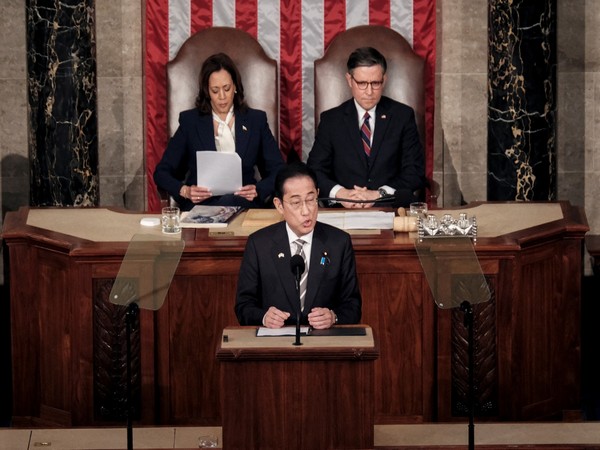Japanese PM Kishida's Resignation: Market and Political Reactions
Japanese Prime Minister Fumio Kishida announced he will step down in September, concluding a term overshadowed by scandals. His resignation raises concerns about political uncertainty and market volatility in Japan. Analysts discuss possible impacts on equities, the yen, and future policy directions under a new leadership.

Japanese Prime Minister Fumio Kishida has announced his decision to step down in September, bringing an end to his three-year term riddled with political scandals. This move opens the door for new leadership to tackle the pressing issue of rising prices in the country.
Shoki Omori, Chief Japan Desk Strategist at Mizuho Securities in Tokyo, expressed concerns over the political uncertainty Kishida's resignation brings. Without a clear successor in sight, Omori expects the Japanese stock market to suffer, particularly in risk assets like equities that are sensitive to foreign investment flows.
Michael Cucek, a professor specializing in Japanese politics at Temple University, noted that Kishida's term had long been overshadowed by public discontent, citing issues such as the LDP's connections to the former Unification Church and financial scandals. Koichi Nakano, a political science professor at Sophia University, added that it was statistically inevitable that Kishida would not seek re-election, having already surpassed the average tenure of an LDP prime minister.
(With inputs from agencies.)










